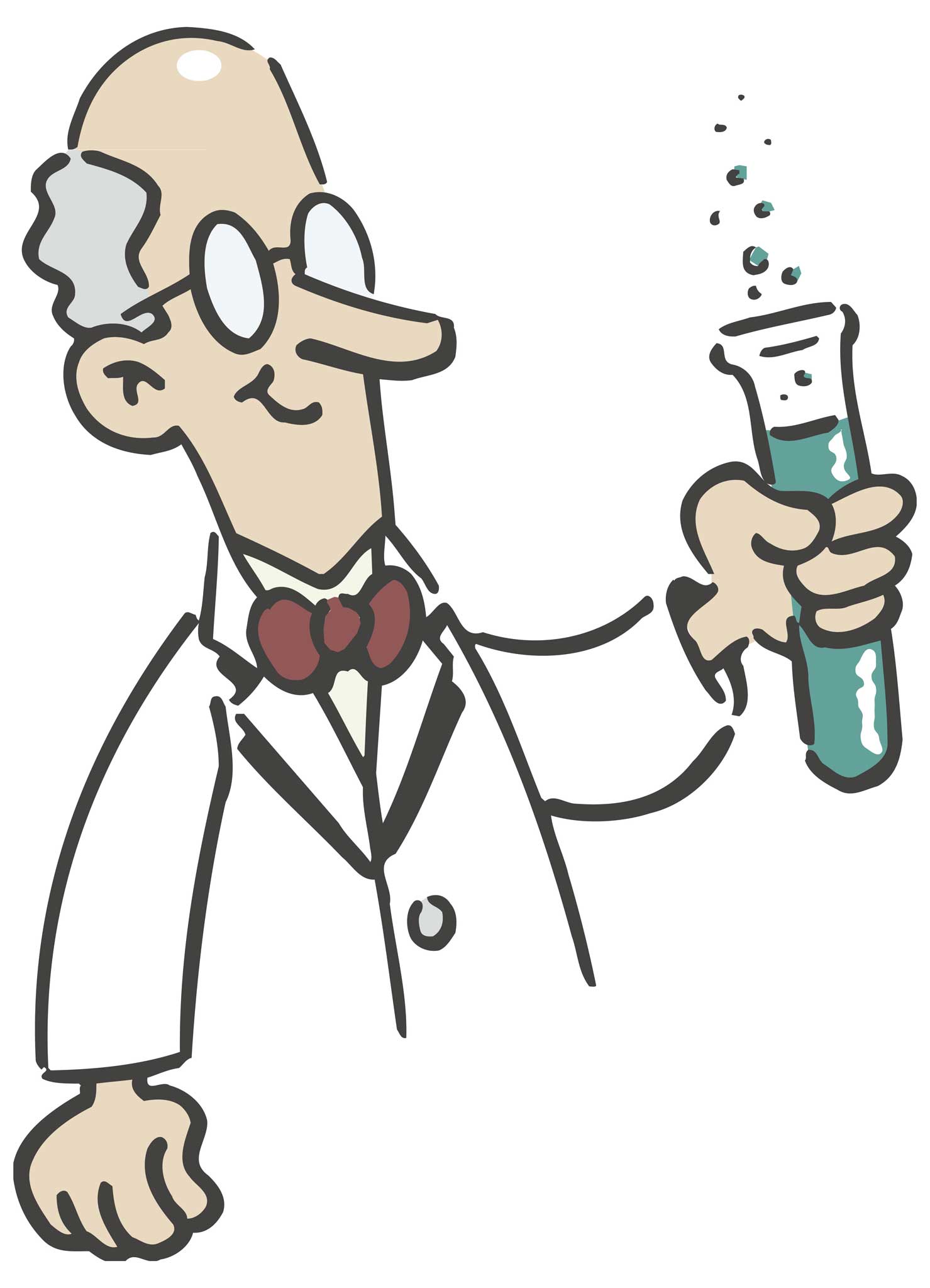
Your support helps us to tell the story
From reproductive rights to climate change to Big Tech, The Independent is on the ground when the story is developing. Whether it's investigating the financials of Elon Musk's pro-Trump PAC or producing our latest documentary, 'The A Word', which shines a light on the American women fighting for reproductive rights, we know how important it is to parse out the facts from the messaging.
At such a critical moment in US history, we need reporters on the ground. Your donation allows us to keep sending journalists to speak to both sides of the story.
The Independent is trusted by Americans across the entire political spectrum. And unlike many other quality news outlets, we choose not to lock Americans out of our reporting and analysis with paywalls. We believe quality journalism should be available to everyone, paid for by those who can afford it.
Your support makes all the difference.Thanks to Paul Dickson for this collection. His book Authorisms: Words Wrought by Writers has just been published by Bloomsbury. To a word nerd (a word that first appeared in 1950 in Dr Seuss's If I Ran the Zoo, in which Gerald McGrew wants “a Nerkle, a Nerd, and a Seersucker too…”, for his collection) it is a delight.
1. Blurb
Gelett Burgess created a character called Belinda Blurb, who enthused about a book of his on its jacket in 1907.
2. Brainwashing
First used by Edward Hunter in a report for Miami Daily News in 1950.
3. Boredom
One could be a bore before 1852, but it was Charles Dickens in Bleak House who gave us an English word for ennui.
4. Cyberspace
First used by William Gibson in a short story in 1982, it became popular after reappearing in his sci-fi novel Neuromancer in 1984.
5. Chortle
Coined by Lewis Carroll in Through the Looking Glass, 1871, a blend of chuckle and snort.
6. Gobbledegook
Invented by Maury Maverick, a Democratic Congressman from Texas, who banned it in a memo in 1944: “Anyone using the words activation or implementation will be shot.”
7. Oxbridge
Originally it was a fictional university in William Makepeace Thackeray's novel Pendennis, 1848. Later used to describe Oxford and/or Cambridge.
8. International
First used by Jeremy Bentham in An Introduction to the Principles of Morals and Legislation, 1789.
9. Stereotype
Initially a printing plate, first used by Walter Lippmann in Public Opinion, 1922, to mean a simplified idea of character.
10. Scientist
Coined by William Whewell, replacing “philosopher”, in The Philosophy of the Inductive Sciences, 1840. He also invented “physicist”.
Next week: Great buildings.
Coming soon: Horrible buildings. Send your suggestions, and ideas for future Top 10s, to top10@independent.co.uk
Join our commenting forum
Join thought-provoking conversations, follow other Independent readers and see their replies
Comments